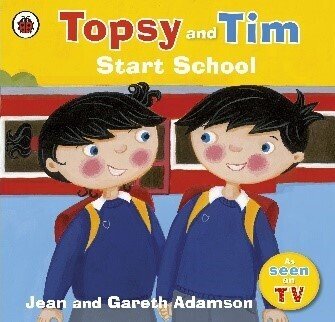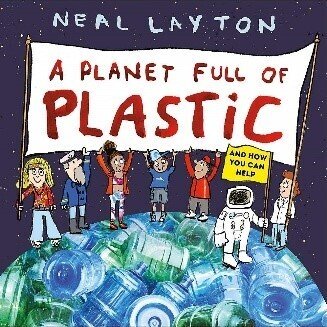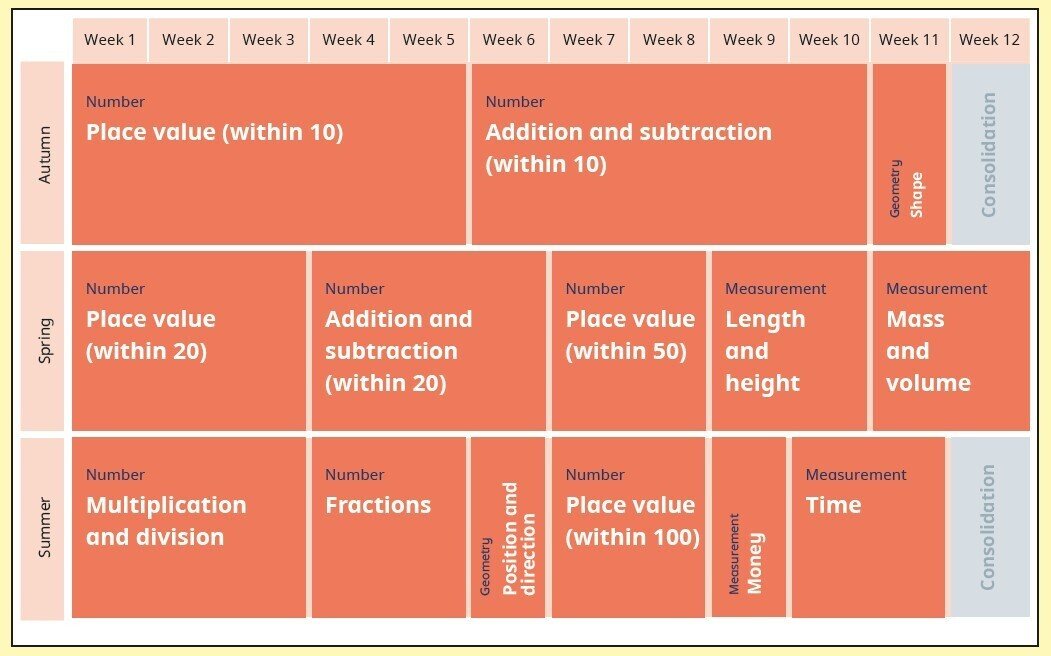Welcome to Year 1
Year 1 is a great year to be in as we have so many exciting projects and we get to experience lots of new learning opportunities. It is also a very important year as it represents the transition from EYFS to KS1.
In Year 1 we try to develop the children’s levels of responsibility and the growth of their independence. We aim to create an inspiring and challenging environment for the children to develop the skills and confidence that they need to continue on in their school journey.
Our New Cangle Curriculum:
Our New Cangle Curriculum is planned around termly foundation subject projects that link other areas of learning such as English, PE and Music.
Our main Autumn term project is called ‘Childhood’ with 6 accompanying foundation subject mini projects.
Our main Spring term project is called ‘Bright Lights, Big City’ with 3 accompanying foundation subject mini projects.
Our main Summer term project is called ‘School Days’ with 4 accompanying foundation subject mini projects.
Please have a look at our Y1 Curriculum Plan for more details about how we organise our curriculum.
English
In English we deliver a book led curriculum and teach writing skills through various genres. Children will explore fiction and non-fiction texts including reports, instructions, narratives, recounts, character descriptions, poetry and letters. We start to embed the basic sentence skills needed to write and try to ensure that the children become competent with using these within their writing. Where we can make meaningful links, we link English to our themed curriculum projects.
In Year 1 children are just starting to learn how to read so reading is key this year! The children will have Phonetically decodable books that suit their reading ability, this will help to develop their reading confidence. But also reading to the children is just as important at this age too, as this will help develop their fluency and expression as they will start to replicate how they are hearing their adult read aloud. We teach and encourage the children to read with expression, this helps children to see the importance of punctuation and how it influences the way we read aloud.
Books we read as a class over the year:
Suggested reading list:
https://schoolreadinglist.co.uk/reading-lists-for-ks1-school-pupils/suggested-reading-list-year-1-pupils-ks1-age-5-6/
Phonics:
Phonics takes up a big part of our teaching and learning in Year 1. At New Cangle, we believe that all our children can become fluent readers and writers. This is why we teach reading through Little Wandle Letters and Sounds Revised, which is a systematic and synthetic phonics programme. We start teaching phonics in Reception which ensures children build on their growing knowledge of the alphabetic code, mastering phonics to read and spell as they move through school.
As a result, all our children are able to tackle any unfamiliar words as they read. At New Cangle, we also model the application of the alphabetic code through phonics in shared reading and writing, both inside and outside of the phonics lesson and across the curriculum. We have a strong focus on language development for our children because we know that speaking and listening are crucial skills for reading and writing in all subjects.
Children in Year 1 review Phases 3 and 4 (Reception coverage) and are taught to read and spell words using Phase 5 GPCs with fluency and accuracy.
Year 1 Common Exception words that the children should be able to read and spell by the end of Year 1:
Maths
In Year 1 has a strong focus on Number work with the main emphasis on the children’s basic understanding of Place Value and Addition and Subtraction. We also start to build a good foundation knowledge and understanding of using different measurements and consolidate our understanding of geometry.
We regularly use manipulatives as they help us to learn and deepen our thinking. We often use them to explain our reasoning. We also encourage the children to draw our problems as this helps us with difficult abstract concepts.




















